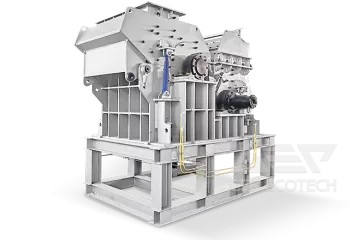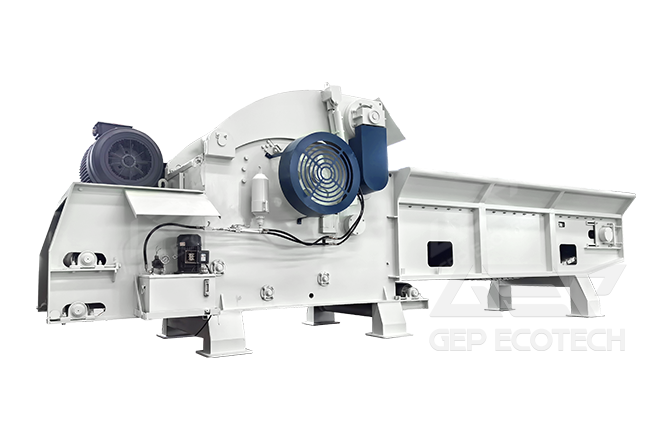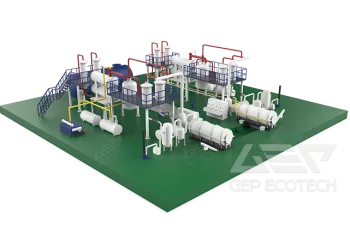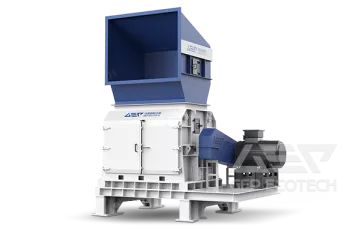Co-processing, the simultaneous use of waste as an alternative fuel and raw material in cement kilns, has gained significant attention as an environmentally sustainable waste management solution. Shredders play a crucial role in this process by preparing and optimizing the waste material for efficient and safe utilization in cement kilns. This article delves into the importance of shredders in the co-processing of domestic waste in cement kilns, their functions.
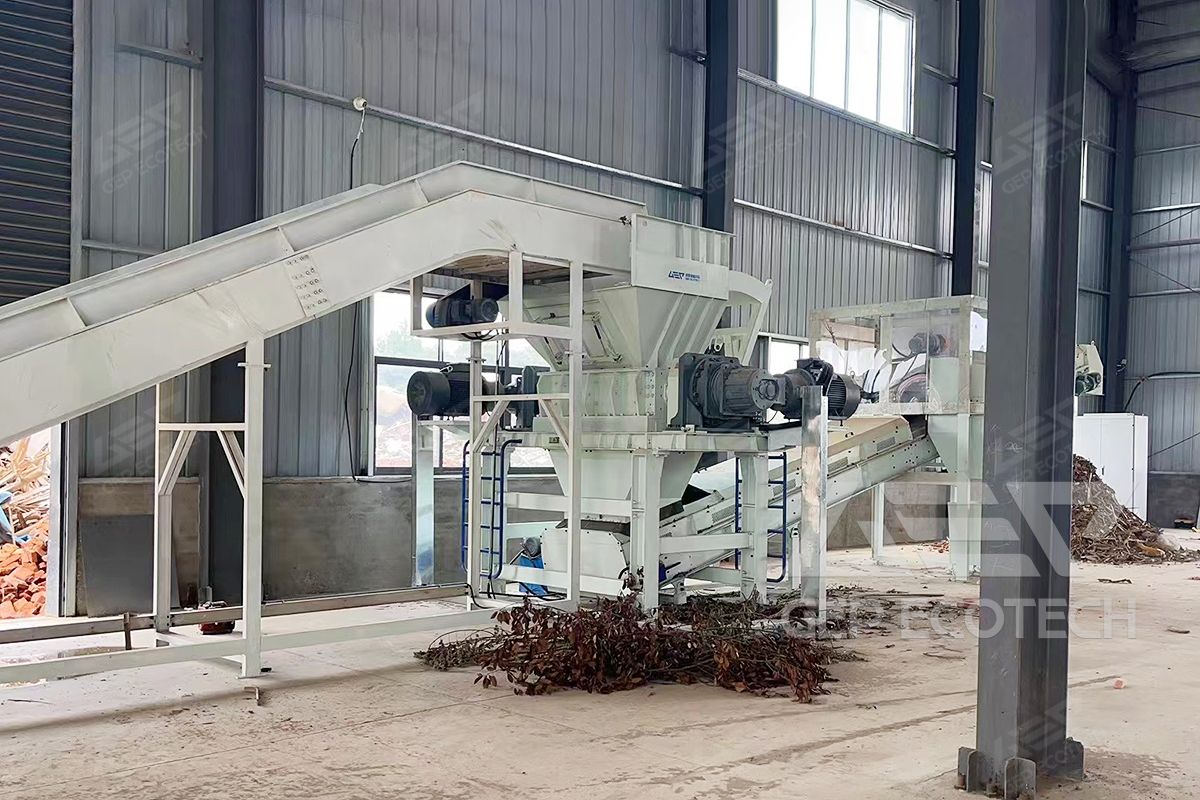
Functions of Shredders
- Size Reduction: Shredders are responsible for reducing the size of domestic waste materials. These wastes are often diverse, ranging from plastics and paper to textiles and organic matter. By shredding these materials, their volume is reduced, making them easier to handle and transport.
- Uniformity: Shredders break down heterogeneous waste into smaller and more uniform pieces. This homogenization ensures a consistent feedstock for cement kilns, enhancing the combustion process and reducing variations in fuel composition.
- Increasing Combustion Efficiency: Smaller, uniformly sized waste particles enable better combustion efficiency. The shredded waste burns more uniformly, reducing the risk of incomplete combustion and minimizing the release of harmful emissions.
- Enhanced Waste-to-Energy Conversion: Shredders optimize the waste material for co-processing, allowing for a higher energy yield from the waste's calorific value. This contributes to the overall energy efficiency of the cement kiln operation.
Considerations and Challenges
- Feedstock Compatibility: Different types of shredders are required for varying waste streams, ensuring that the waste is processed to an optimal size for co-processing.
- Equipment Maintenance: Shredders require regular maintenance to ensure their efficient operation. Blade wear, material buildup, and other issues can impact their performance.
- Regulatory Compliance: Adherence to local regulations and emission standards is crucial to ensure that co-processing with shredded waste meets environmental requirements.
Shredders are integral to the success of co-processing domestic waste in cement kilns. By reducing waste size, increasing uniformity, and enhancing combustion efficiency, they contribute to the sustainable utilization of waste as an alternative fuel and raw material. Shredders play a vital role in achieving process stability, minimizing environmental impact, and realizing the potential benefits of co-processing for both waste management and cement production. Proper selection, operation, and maintenance of shredders are essential for successful and environmentally responsible waste co-processing in cement kilns.


